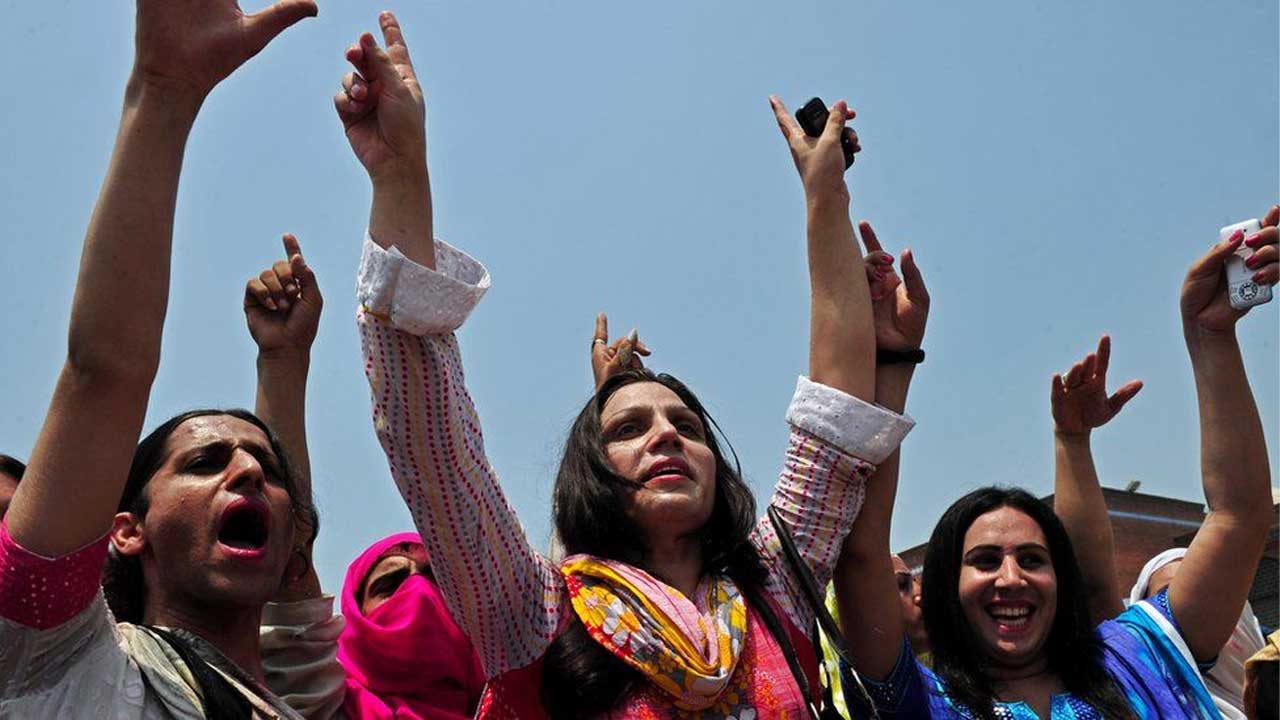In a groundbreaking move, Sindh Education Minister, Syed Sardar Ali Shah, led a meeting that approved Pakistan’s first-ever draft for the Transgender Education Policy. This new policy seeks to reshape the educational landscape for transgender individuals, aiming to remove barriers and provide an inclusive and supportive learning environment.
One of the key proposals is to add a specific “transgender” option to admission forms for schools and colleges, alongside the existing male and female categories. This change is a vital step toward formal recognition and inclusion. Additionally, the draft outlines a job quota to facilitate employment for transgender individuals in teaching roles, which marks a significant shift towards integrating the community into the educational workforce. The draft is set to be submitted to the cabinet for legal approval soon.
Data presented during the meeting showed that, according to the 2023 census, Pakistan has 20,331 registered transgender individuals, with 4,222 residing in Sindh. However, estimates by NGOs suggest that the real number could be as high as 250,000. Research by USAID further highlights the challenges faced by the transgender community, revealing that 42 percent have limited literacy and 40 percent have no access to education at all.
Minister Shah addressed these statistics by pointing out the significant hurdles transgender individuals encounter within the education system. These include deep-seated societal prejudice, exclusion, and mistreatment that discourage many from enrolling in or continuing education. Financial constraints and limited employment prospects further contribute to their challenges, while concerns over potential harassment in educational settings often deter them from pursuing their studies.
Shah also emphasized the lack of a curriculum specifically designed to cater to transgender students. The new policy aims to fill this gap by fostering a learning environment where transgender individuals feel safe and supported. Plans include the establishment of specialized schools and non-formal educational training centers, which will provide transgender students with tailored education programs and skill development courses. Such initiatives are expected to improve literacy and employment outcomes for the community.
Moreover, the policy outlines anti-harassment measures in schools and colleges to ensure transgender students can pursue education without fear. This aspect of the policy seeks to create a culture of safety and dignity in educational institutions, which is crucial for encouraging enrollment and retention.
Public awareness campaigns will also be a vital component of the policy, aimed at promoting equal rights and combating stereotypes. These campaigns are intended to educate the wider public about the importance of providing equal opportunities for all and fostering an inclusive society. Support groups will be established within schools to help transgender students manage societal pressures and create a community of allies that can offer guidance and encouragement.
To inspire and motivate transgender individuals to pursue education, the policy includes mentorship programs that highlight the stories of successful transgender role models. These stories will demonstrate that education can lead to respectable and fulfilling career paths, counteracting the perception that opportunities for transgender individuals are limited.
Minister Shah firmly believes that empowering the transgender community through education is essential for their growth and participation in society. He emphasized that educational access will not only improve individual lives but will also open doors to meaningful and respectable employment. This policy represents a significant step forward in creating a more inclusive and equitable educational system in Pakistan.
The Transgender Education Policy draft is an essential move towards acknowledging and addressing the unique challenges faced by transgender individuals. By implementing this policy, the Sindh government aims to set a precedent for inclusive education that other provinces may follow, paving the way for a more just and progressive Pakistan.
I am an experienced content writer with a passion for crafting engaging and impactful content across various platforms. Skilled in audience research, storytelling, and SEO optimization. I am proficient in creating clear, concise, and compelling copy that resonates with readers. Strong ability to adapt tone and style to suit diverse audiences and brand voices. Dedicated to delivering high- quality content that drives results and enhances brand visibility.


Comments are closed, but trackbacks and pingbacks are open.